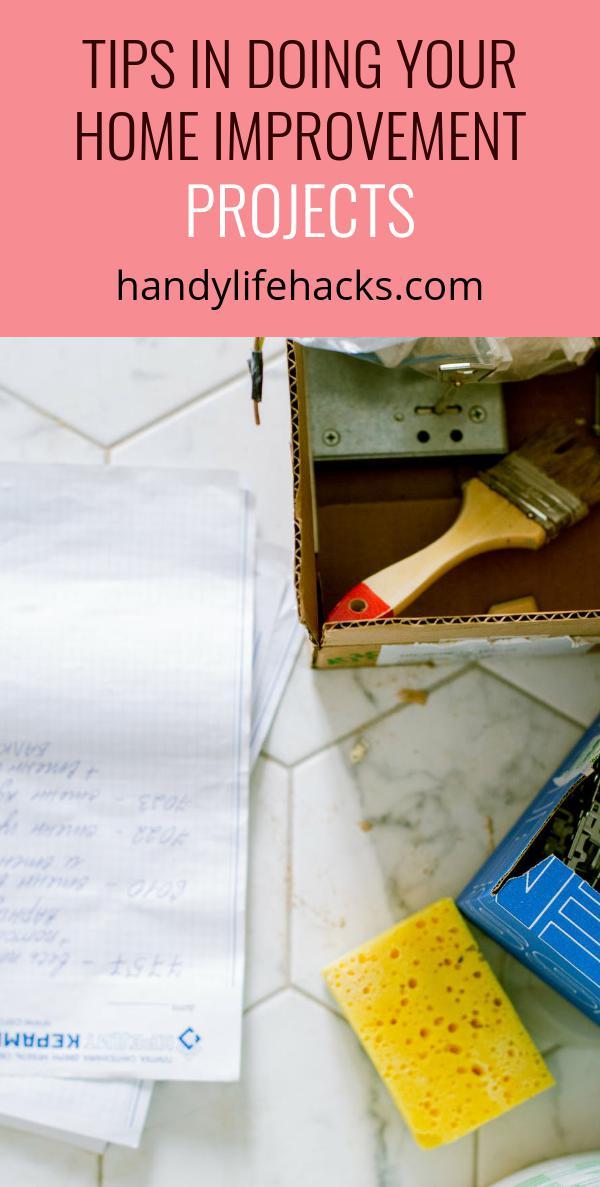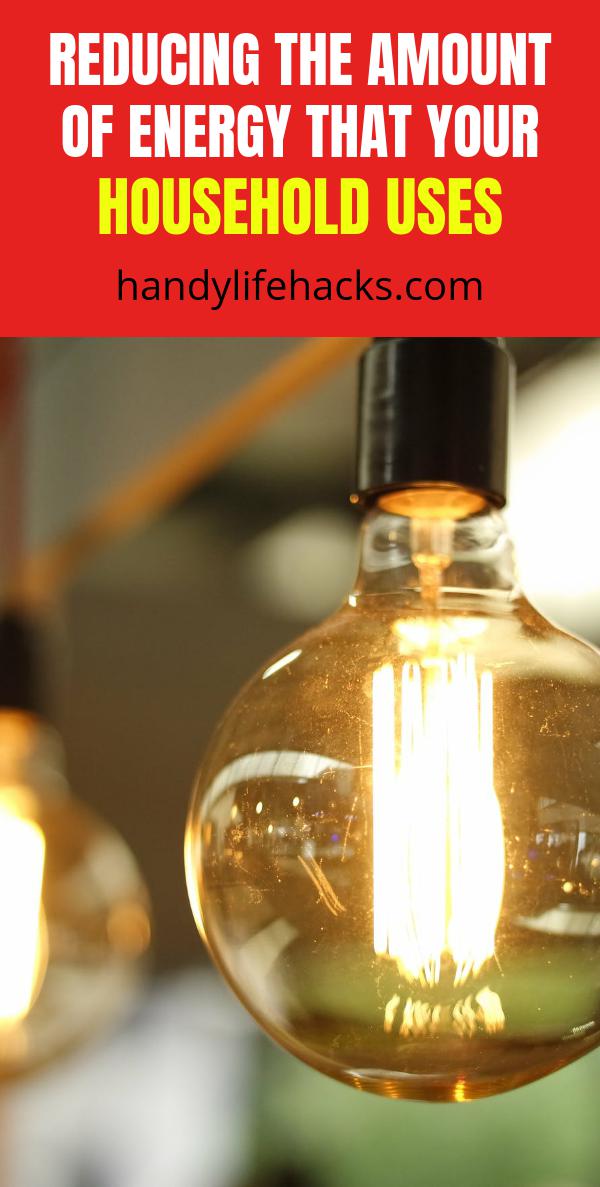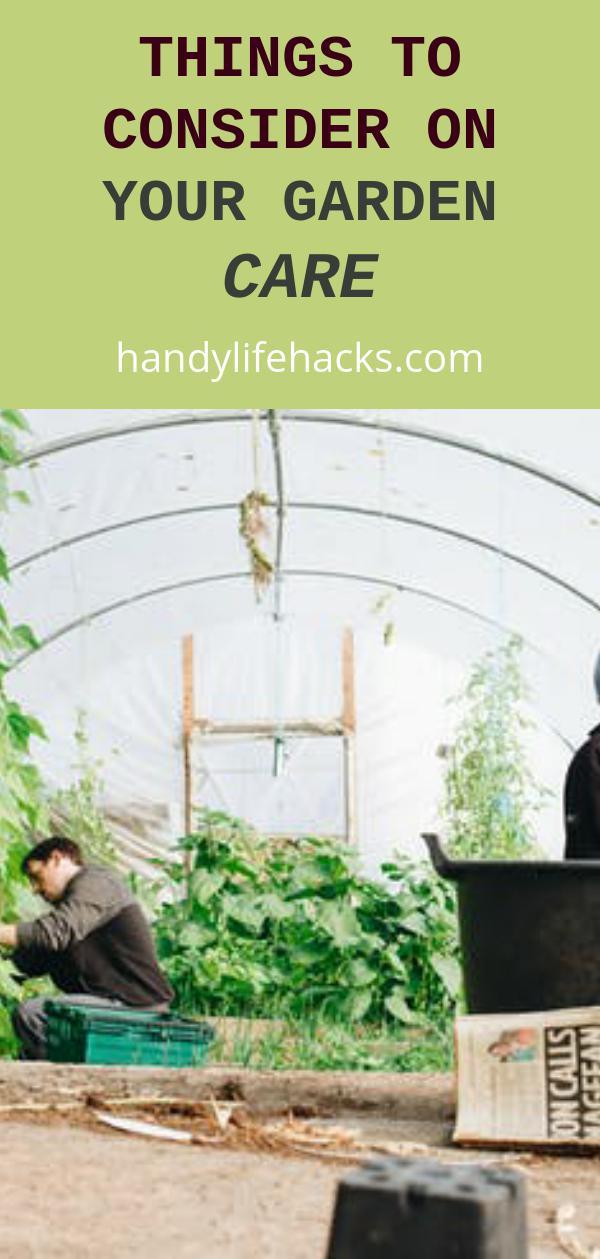
When thinking about garden care, there are many things to consider. One of the things you need to think about is what you will be using your plants for. You can use your plants for decorative purposes, medicinal, or a combination of both. Plants can make great decorations in your garden, but they also have many other uses that you should consider when considering their care.
Plants are very sensitive and if you allow them to be in areas where they may come into contact with other objects, you are putting yourself and your family at risk. If you live in an area that has high levels of humidity or is also located in the southern hemisphere, there may be a high risk of dryness and extreme temperatures. If you know that you will be coming into contact with an object on a regular basis, such as when you walk on a piece of furniture or a deck, it is best to plant that item on the ground.
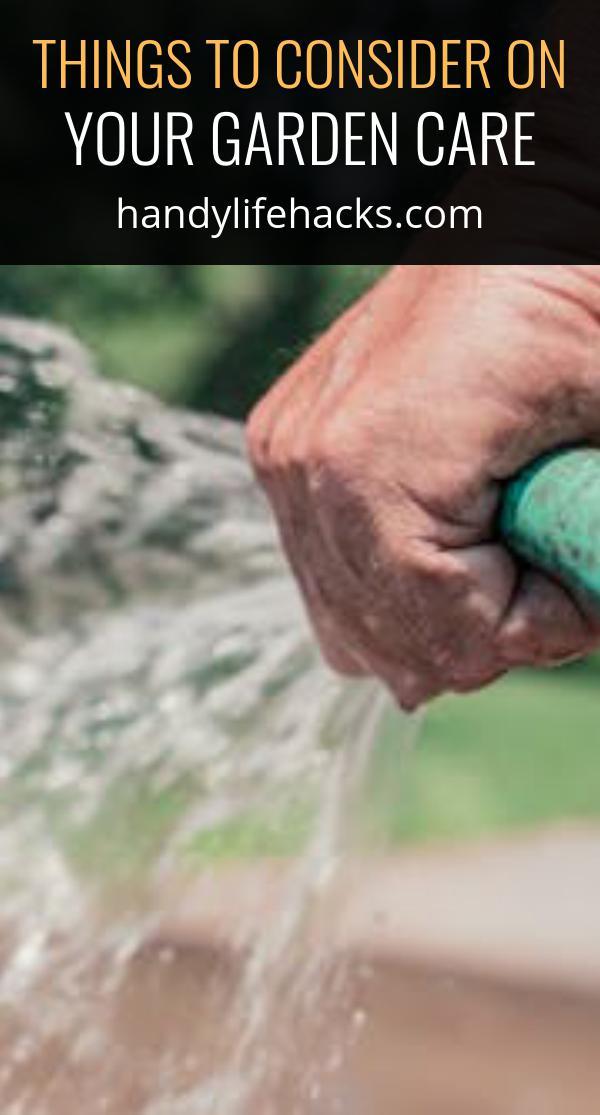
Plants are also quite sensitive to touching and eating food items. If you have plants growing on your deck, one food item that you should be careful of touching is your ice. Your plants also need to be kept away from animals as much as possible, as some pets like to eat plants. If you don’t want to put a barrier around your house, you may want to try placing a wall or a fence around your garden.
If you live in a tropical or semi-tropical climate, your plants will be exposed to the sun all day long. This is great for the plants, but if you do not have shade trees or some sort of cover over the plants, they will need a place to relax. There are several methods of relaxing the plants, but by far the most popular is to allow them to be outdoors in the elements. If the plants are going to be outside, you will need to find ways to provide them with shade.
The plants are also going to need a little water. If you water your plants properly, you won’t have to worry about problems, such as root rot. During winter, the plants will also need to have their roots dried out and drained. If you choose to take your plants indoors, it is important to read the manufacturer’s instructions to learn how to maintain them.
Just like the plants themselves, the seeds will require the same care when in their first months. One way to help with this is to place the seedling in a shaded area until it becomes aware of its surroundings. Another way to help your plants become more comfortable is to place it in a small box where it can hide from the weather.
In order to fertilize your plants, you will need to buy fertilizer. It is important to read the instructions on the bag to ensure that you are providing the correct amount and frequency. Fertilizer may not be necessary if you use your plants to make things in your garden, such as compost.
It is also important to know that plants are not going to take the damage that you may think they will. Rather than be afraid of plants, you should be grateful that they are there. While they will eat your plants, they will also help your plants grow.
It is also a good idea to check on your plants weekly. If you notice them dying, you should replace them right away. If you notice that they are not feeding properly, this is another sign to have them looked at. If you find them to be stressed, this is another problem to fix.
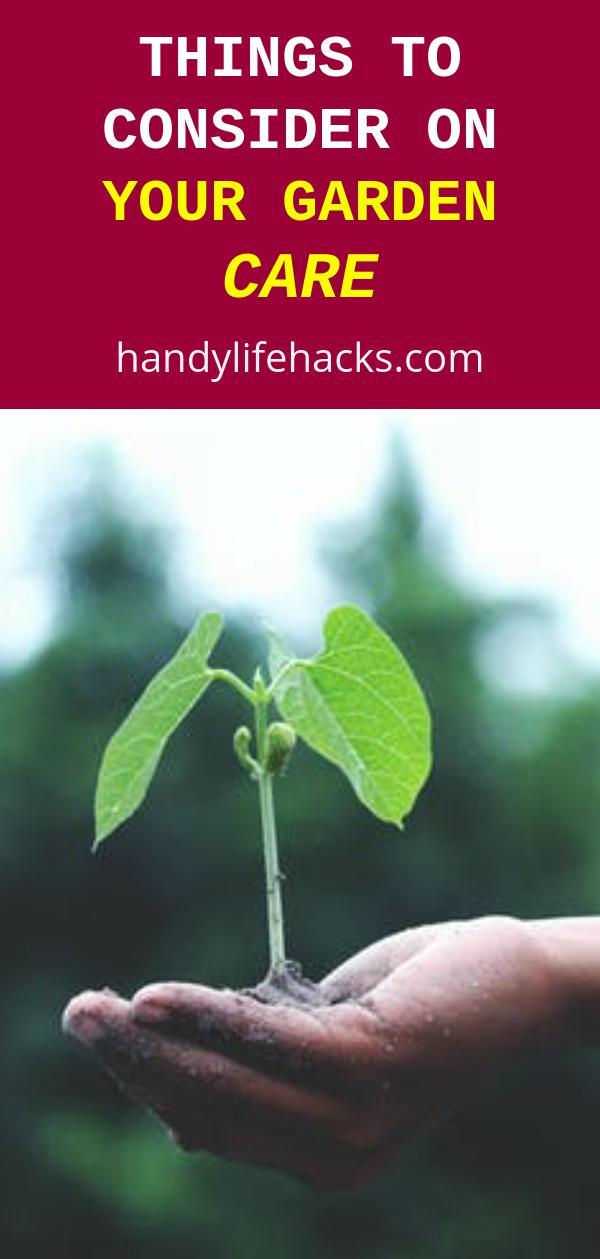
When looking for tips for garden care, there are some guidelines that you can follow. First, you should never mist your plants because this will make them self-medicate. Instead, leave them alone, or try to take them outside if possible. Remember that plants will take the oxygen that you are leaving behind.
You should also not wash your plants because they will eat dirt, and your plants will die from it. Plants are sensitive to some chemicals found in cleaners and soaps, and they may absorb the chemicals. instead of letting them pass through.


